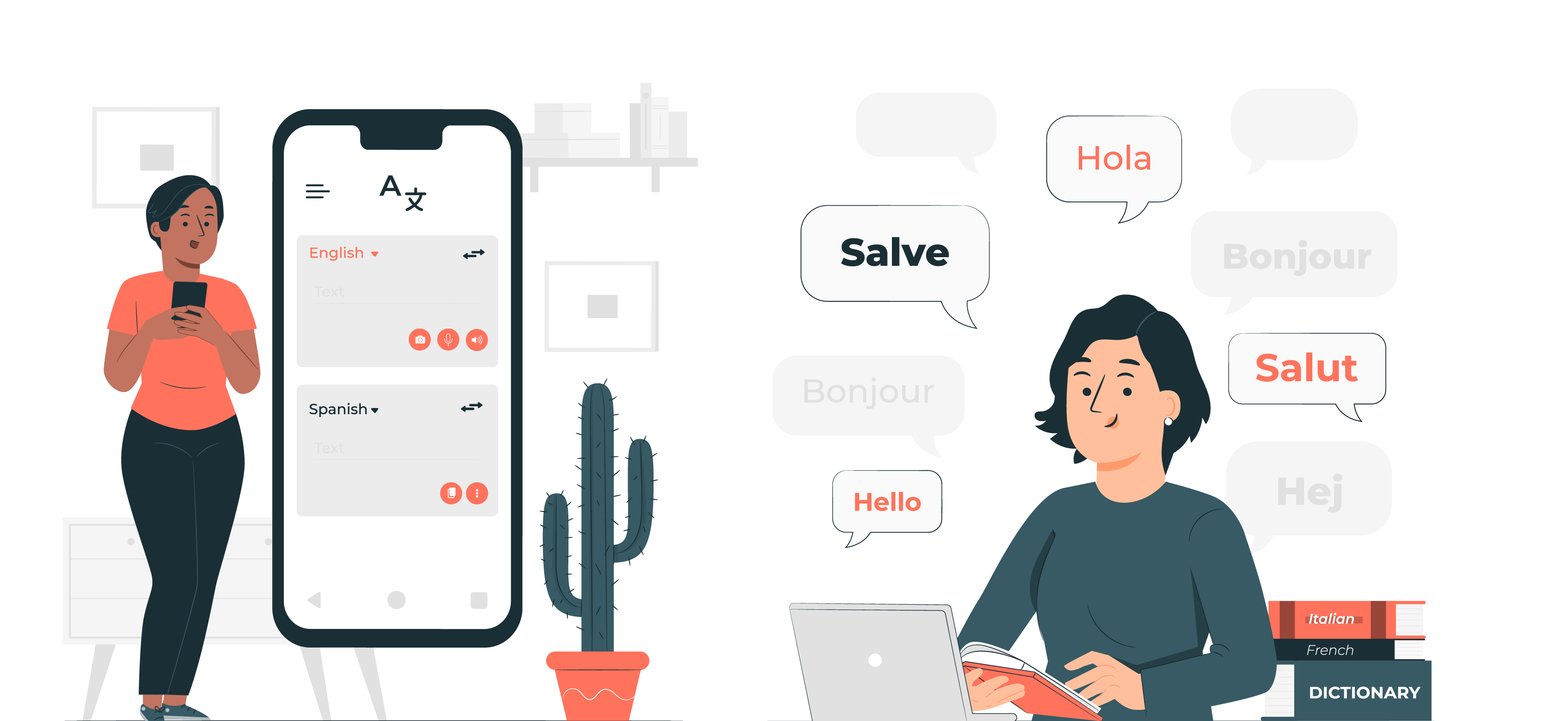-
(+44) 7842798340
Call us for enquiry -
Connect On Whatsapp (+44) 7842798340
Uninterrupted Access 24x7, 100% Confidential. - Connect Now

Data, a word that is most commonly used nowadays. Most people think of data as measurements, statistics, and rows of numbers while few think of collecting and calculating information. There are different types of data, out of which quantitative can be expressed in numbers like temperature or population size. While qualitative data is subjective, and not easy to measure or analyse. Transcribing is an integral element of the research process for qualitative researchers. There are a variety of resources that researchers can use to approach transcription and prepare qualitative methodology.
In qualitative research, finding concrete, specific answers are very difficult instead it is more about exploring an idea or topic. The data for qualitative data is difficult to measure through a thermometer or scale. These are measured with questionnaires, observations, or interviews. Hence it becomes more difficult to record and copy these data. This researcher is more focused on noticing a person’s opinion or why people behave in certain ways. Hence, these are mostly measured through interviews, discussions. The data is captured with audio or video recordings. Through these interviews, data are created which are very important. But, these data are usually very unstructured and researchers need to sort these data before taking them into use. Here, comes the qualitative transcription in the picture. Transcription helps in creating a text-based version of any original audio or video recording. Thus after this, this text can be converted in any form or entered into a qualitative data analysis tool.
Transcription mode is very useful and is improving though the chances of error percentage are quite high here. The most commonly done errors in these recordings are talk-to-text software, misidentifying words due to unclear or muffled speech or background noise.
At SPSS tutor, we make sure we never use talk-to-text programmes as we appreciate the efforts made by the clients and provide them with error-free qualitative studies and data collection. We have our certified transcriptionists and court stenographers who transcribe the work and ensure that the work is published with high accuracy and with the shortest possible time frame delivery.
We accept all the data files through email as well in the forms of digital media: - mp3, mp4, M4A, WMV, AIF, AVI, AMR, AAC, VOB, Ogg, WMA, and WAV. Along with providing the PDF transcriptions of your data, we can also upload your data into the following qualitative analysis software programme:-
We will keep on delivering these high-level transcription services to our clients with all of our academic research consulting. You can also contact us for personalised and comprehensive support during and after the transcription process We are available seven days a week, via phone and email. Find out more about our qualitative analysis and results on our qualitative analysis page.